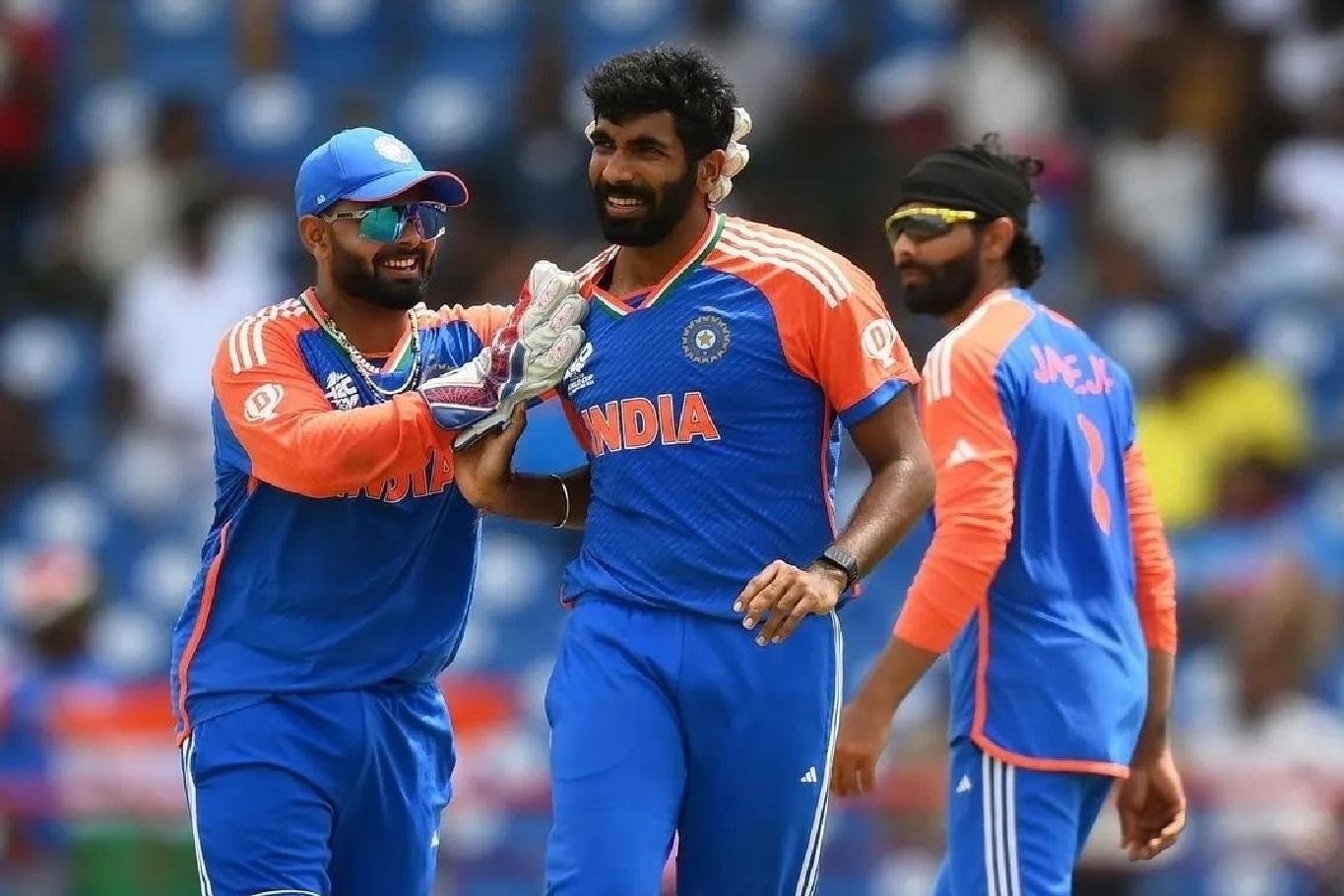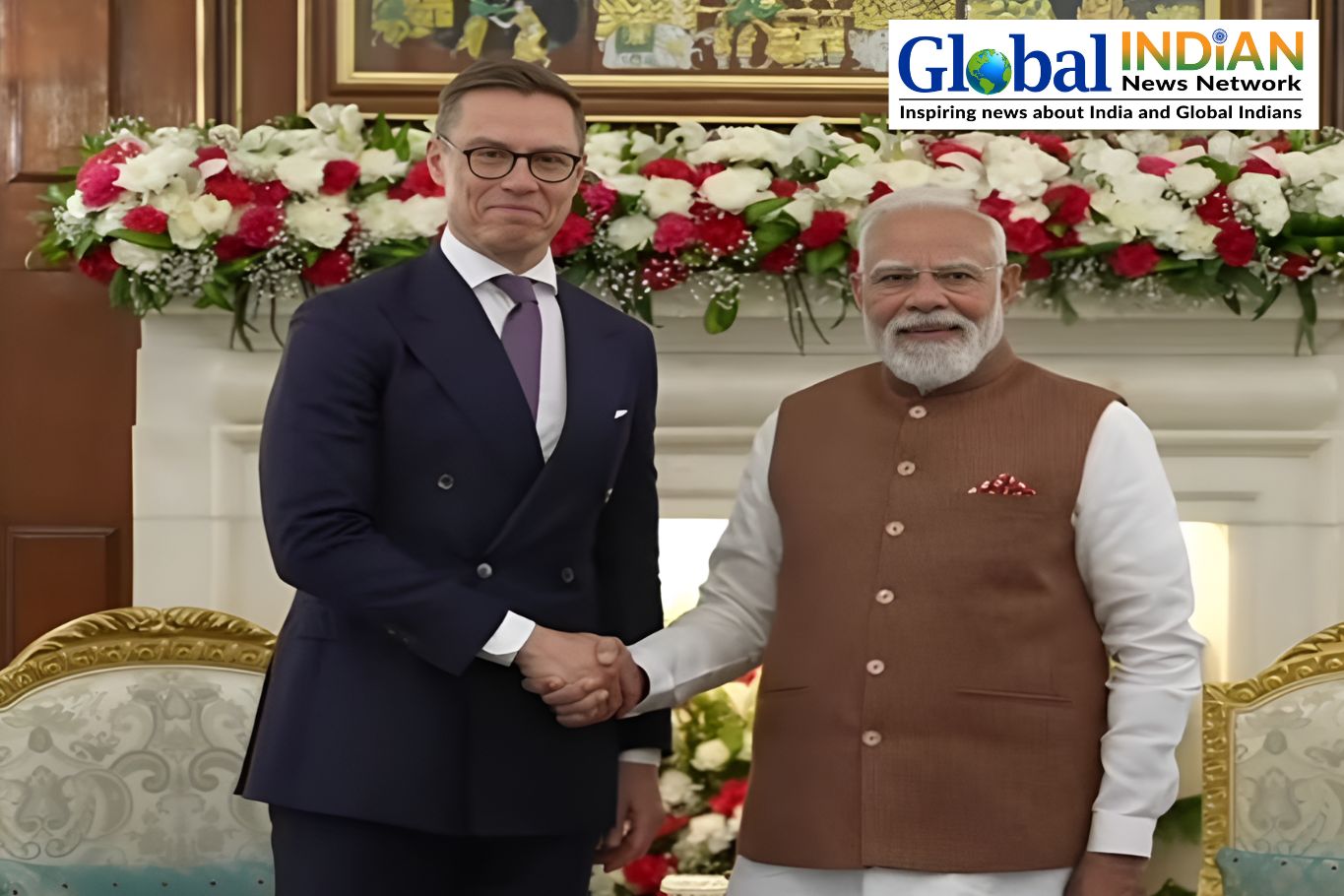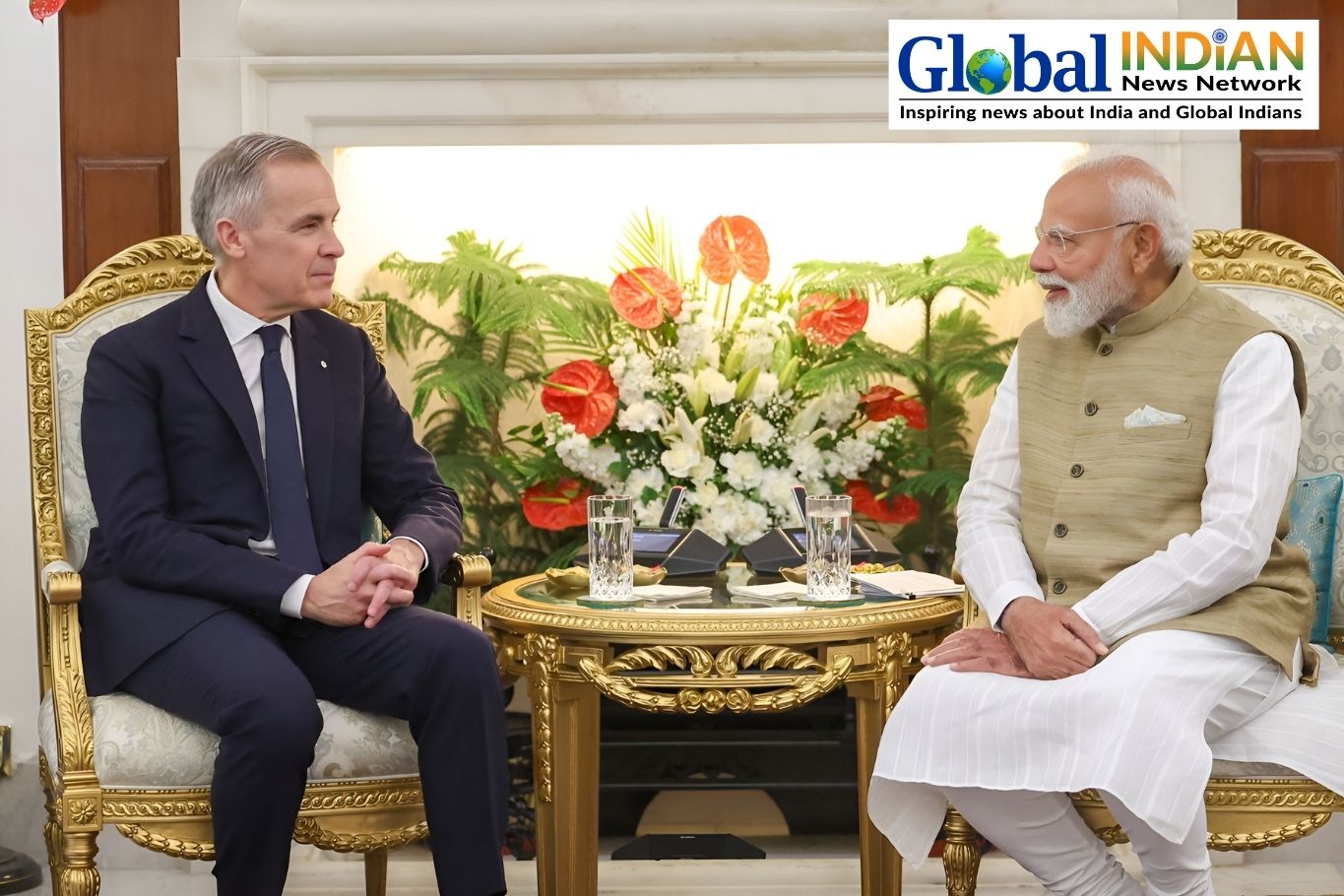
India aims to end its 11-year trophy drought in global cricket competitions, while South Africa seeks its first men’s World Cup title in any limited-overs format. The T20 World Cup final in Bridgetown, Barbados, on Saturday will feature the tournament’s two unbeaten teams, with captains Rohit Sharma of India and Aiden Markram of South Africa vying for victory.
Sharma’s Indian team has delivered dominant performances with both bat and ball on tricky pitches in the United States and the Caribbean. They reached their third T20 World Cup final by defeating defending champion England in a one-sided semifinal. Sharma mentioned that the team has been very calm and understands the occasion, but emphasized the importance of staying calm and composed.
On the other hand, Markram’s South African squad remained composed in challenging game situations during the group stage and Super Eight, eventually overwhelming first-time semifinalist Afghanistan for just 56 runs to secure a spot in the final. Markram expressed that reaching the final and aiming to lift the trophy is a personal motivation, but acknowledged the unpredictable nature of the game and the need to adapt to whatever outcomes arise.
Sharma highlighted the importance of making good decisions during the crucial moments of the game. India showcased their depth and resilience, particularly when they defended a modest 119 against Pakistan on a difficult pitch in New York. Sharma emphasized the importance of making wise decisions throughout the entire 40 overs. He acknowledged the significance of the occasion while underscoring the need for consistently strong cricket performance.
Sharma’s aggressive approach in the power plays has put opposition teams under pressure early in the tournament. His consecutive half-centuries against Australia and England were crucial, even as his opening partner Virat Kohli struggled, scoring only 75 runs in seven games. Despite Kohli’s lean patch, Sharma emphasized his significance in big games. Sharma acknowledged Kohli’s caliber and significance, noting that after playing for 15 years, current form isn’t a concern. He observed Kohli’s good form and strong intent, suggesting he may be preserving himself for the final.
Sharma, the last active player from India’s 2007 T20 World Cup-winning team, along with Kohli and Ravindra Jadeja, seeks to bring home the title again. Markram, leading South Africa admirably, guided his team through tense wins over Bangladesh and Nepal.
South Africa’s pace duo, Anrich Nortje and Kagiso Rabada, pose significant threats and will challenge Sharma’s aggressive play. Spinners Tabraiz Shamsi and Keshav Maharaj are also key players, exploiting favorable bowling conditions. Quinton de Kock, with 204 runs in the tournament, is the top batter for South Africa, while Rabada and Nortje have collectively taken 25 wickets, with Maharaj and Shamsi adding 20 more.
Markram acknowledges South Africa’s historical challenges in significant tournaments, having experienced seven previous semifinal disappointments. Despite this, he finds motivation in the legacy left by past South African cricket icons. “They were legends of the sport who encouraged us to compete for South Africa. We aim to honor their legacy and are pleased to have earned their approval. However, we sense there’s one final stride remaining for us.”










